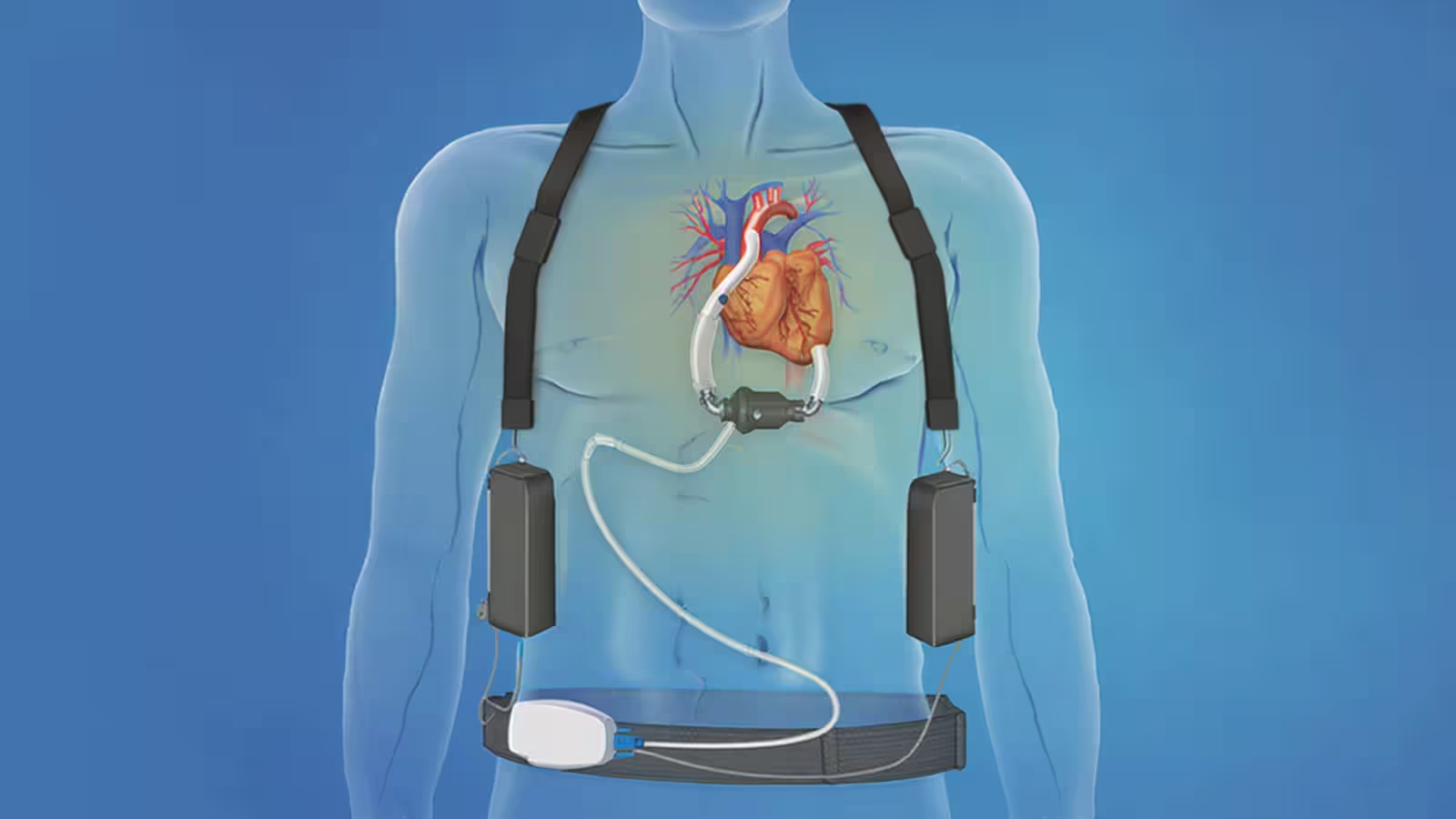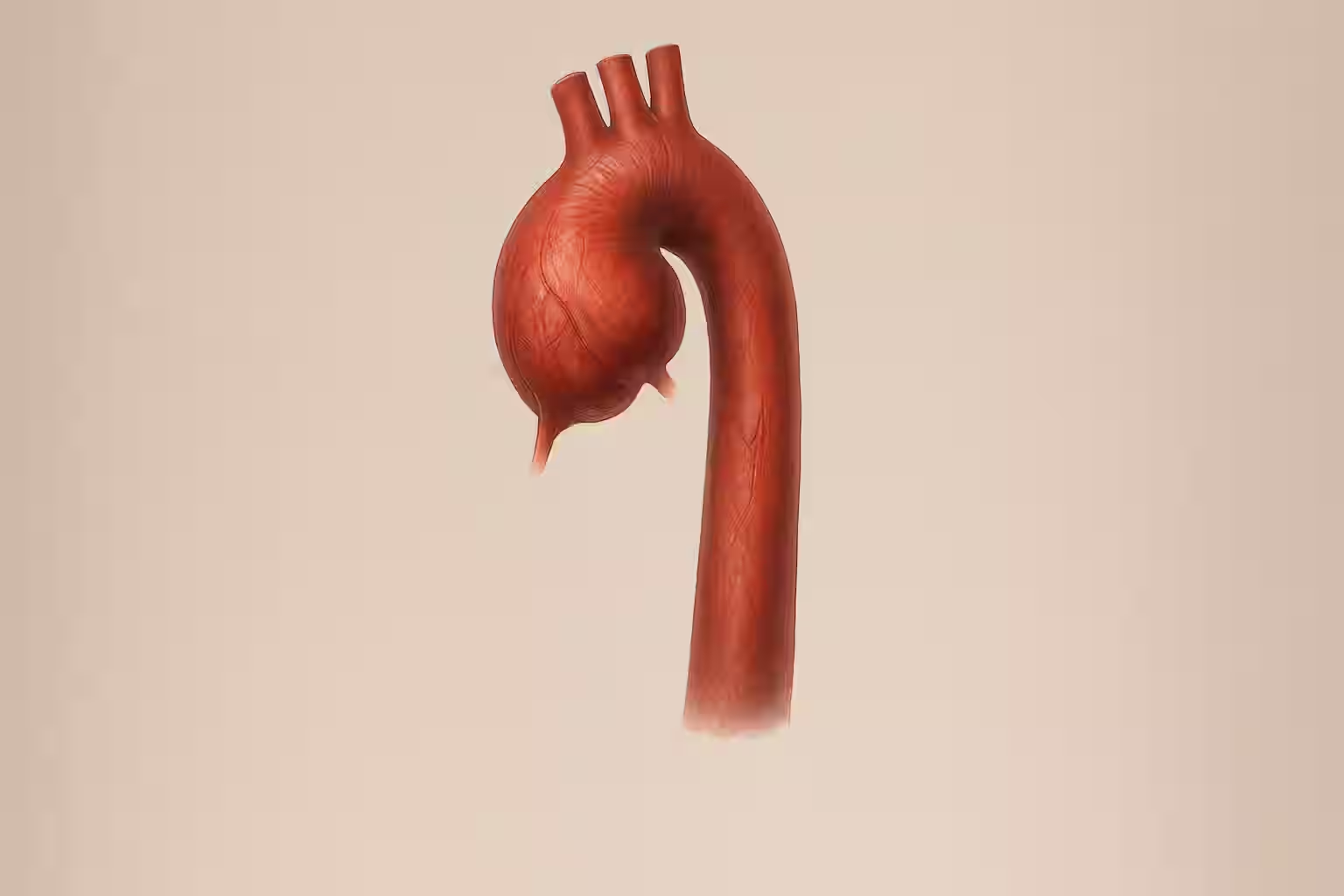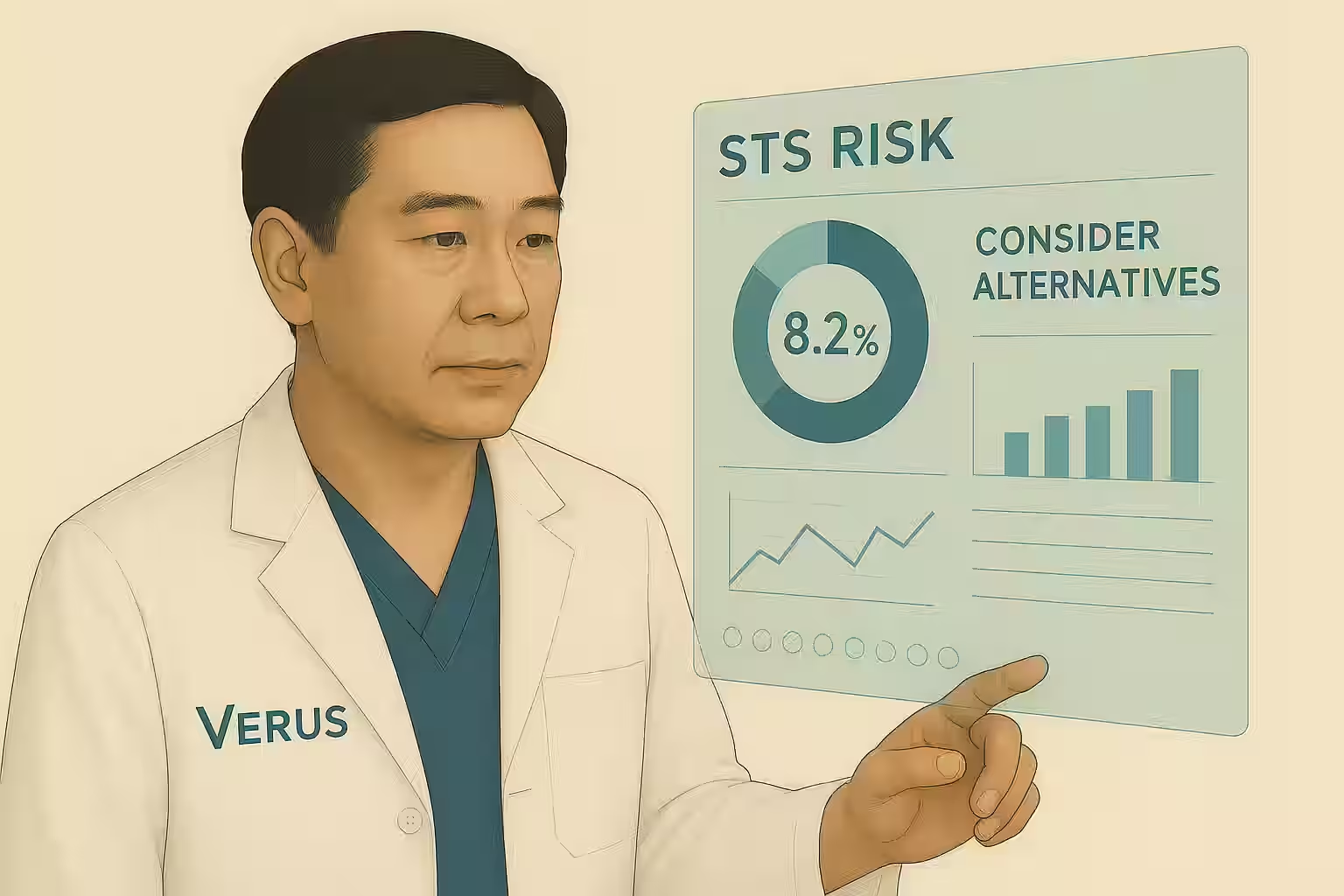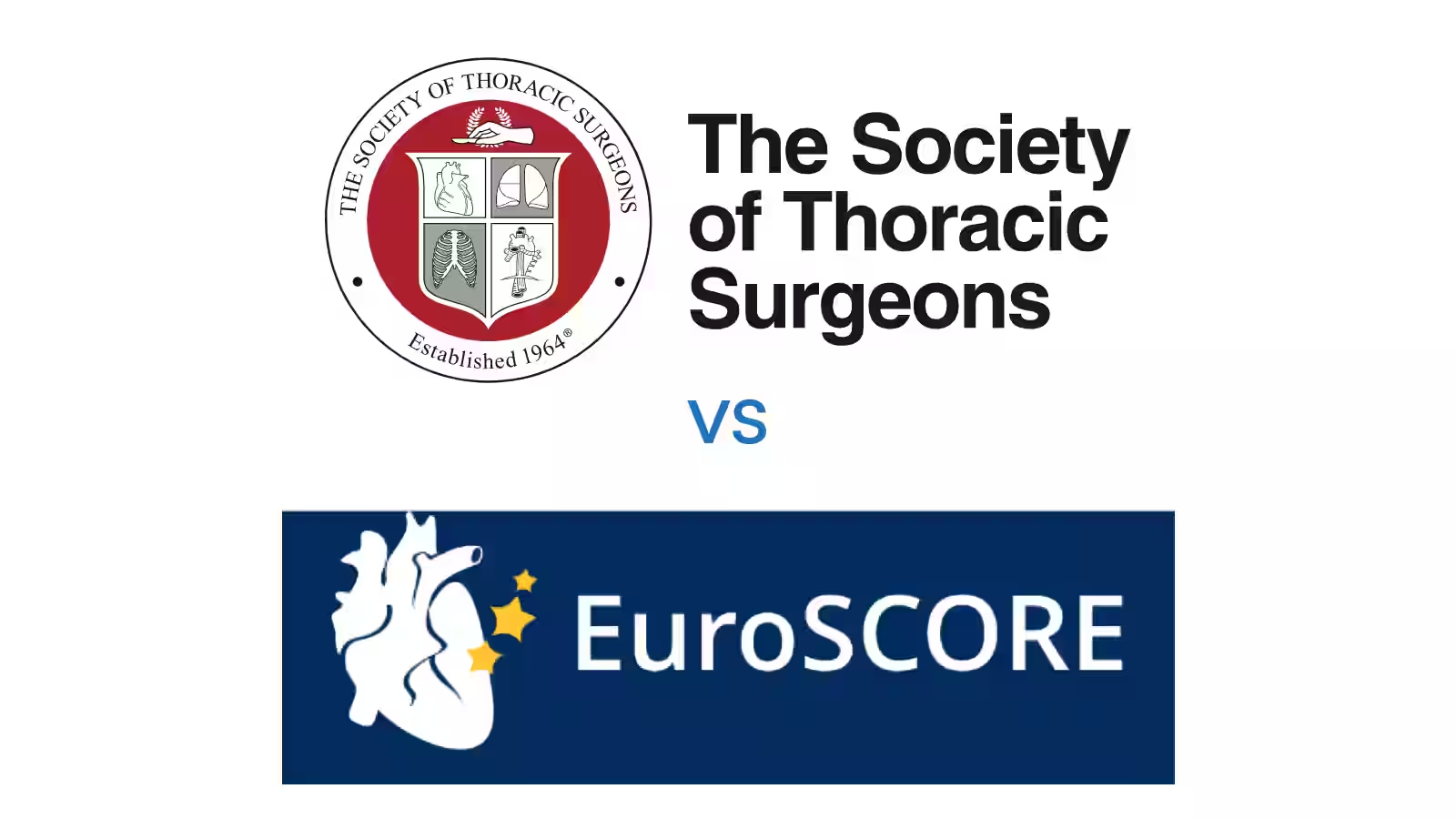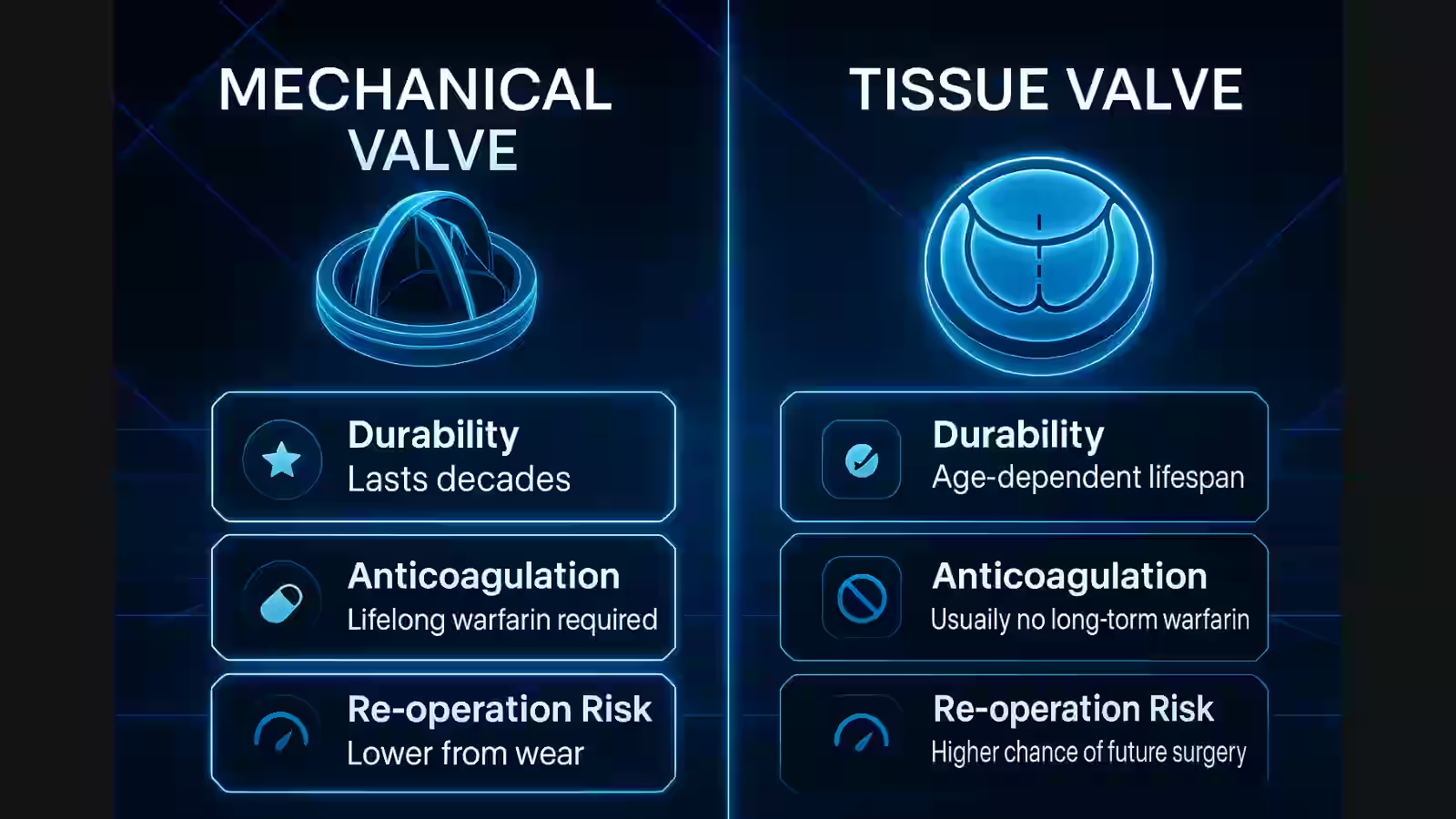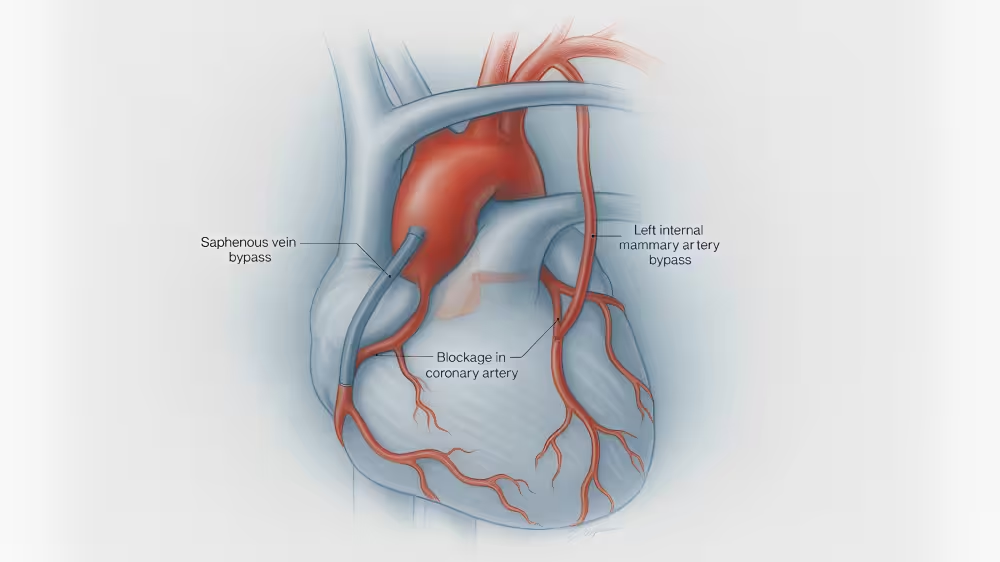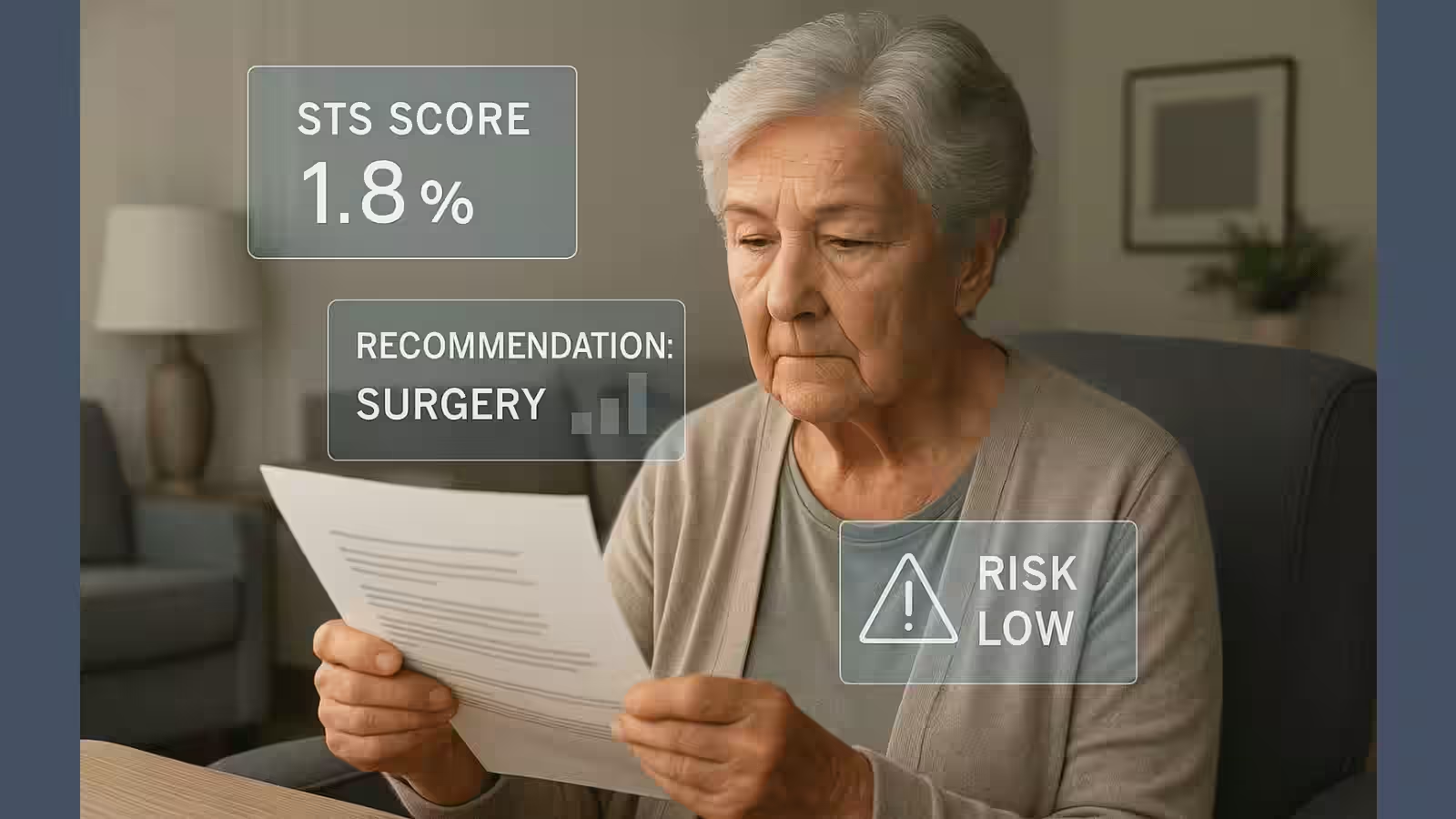Introduction
If you or someone you love has been told they need heart surgery, a second opinion can offer clarity, confidence, and sometimes a different - and safer - plan. Second opinions do not disrespect your current doctor; they add perspective, especially when choices are complex or preferences matter. Even major U.S. guidelines emphasize team-based evaluation and shared decision-making for valve disease and other cardiac conditions.
What a second opinion is (and isn’t)
A second opinion is a review of your diagnosis and treatment options by an independent clinician or heart team. It’s not “starting over,” and it doesn’t commit you to switching surgeons. It’s a chance to confirm the plan, learn about alternatives (less-invasive or otherwise), and understand the trade-offs in plain language. National patient resources from the American Heart Association encourage seeking a second opinion if you’re uncertain or communication isn’t clicking.
Why a second opinion can change the plan
- In a peer-reviewed study of 286 referrals for second opinions at a major academic center, 21% of patients left with a new diagnosis, 66% with a refined diagnosis, and only 12% with a fully confirmed diagnosis - changes that can steer treatment in new directions.
- Diagnostic clarity drives better treatment choices (for example, repair vs replacement for a valve, bypass vs stent strategy, or surgery vs transcatheter options). Contemporary cardiology guidelines explicitly recommend shared decision-making to align treatments with your goals and lifestyle.
When to strongly consider a second opinion
- Severe valve disease (aortic or mitral): decisions often involve surgery vs. transcatheter options and choice of valve type - areas where guidelines call for Heart-Team review and shared decision-making.
- Aortic aneurysm or complex/re-do surgery: technical complexity and center experience can meaningfully influence risk.
- Multiple options on the table (e.g., minimally invasive/robotic vs. standard sternotomy; on-pump vs. off-pump strategies).
- You feel unsure, rushed, or not fully heard. National patient guidance supports pausing to get another perspective.
Quality matters: picking the right center and surgeon
Decades of data - updated in modern analyses - show that higher-volume hospitals and surgeons have lower mortality for CABG and other major cardiac operations. This “volume–outcome” relationship has been demonstrated repeatedly and remains strongest for higher-risk procedures. Public reporting programs (e.g., STS star ratings and composite measures) also help patients compare outcomes across centers.
What this means for you: a second opinion at a higher-volume, outcomes-transparent center can sometimes reduce risk simply by placing you in a system with more experience for your specific operation. For context, national operative mortality for adult cardiac surgery varies by procedure; in recent STS reports, overall 30-day operative mortality was ~2.5–2.7% during 2020–2021, while more complex combinations carry higher risk.
How a second opinion supports shared decision-making
Heart care often involves real choices: transcatheter vs surgical valve therapy, mechanical vs tissue valves, or medication vs invasive therapy. ACC/AHA guidelines explicitly call for a multidisciplinary Heart-Team and shared decision-making, particularly in valve disease; a second opinion surfaces these options and aligns them with your priorities (longevity, recovery time, anticoagulation, future pregnancies, and more).
Insurance and cost: What to expect
- Medicare (Part B) covers second opinions for medically necessary, non-emergency surgery, and will even cover a third opinion if the first two differ (after the Part B deductible, beneficiaries typically pay 20% coinsurance). Medicare also covers any medically necessary tests ordered as part of that second-opinion visit.
- Medicare Advantage plans also cover second opinions, though referrals and in-network rules may apply—check your plan.
- For commercial insurance, benefits vary, but many plans cover second opinions; your insurer can confirm specifics.
How to prepare (a short checklist)
- Gather records: clinic notes, imaging (echo, cath, CT), and operative reports if any.
- Bring your medication list and allergies.
- Write your goals and questions (pain, recovery time, durability, anticoagulation).
- Ask the second-opinion team to explain options side-by-side, including expected outcomes and risks.
Will my doctor be offended?
Most clinicians welcome second opinions - it’s about safety and fit. National patient resources explicitly reassure people to “ask and keep asking” if clarity is missing.
Bottom line
A second opinion can confirm you’re on the right track - or open doors to different options, different centers, and different risks. It’s a practical, evidence-supported step that many patients and families find reassuring during one of life’s biggest decisions.
---
If you’re weighing heart surgery and want an objective, patient-friendly roadmap, explore how Verus can help.

